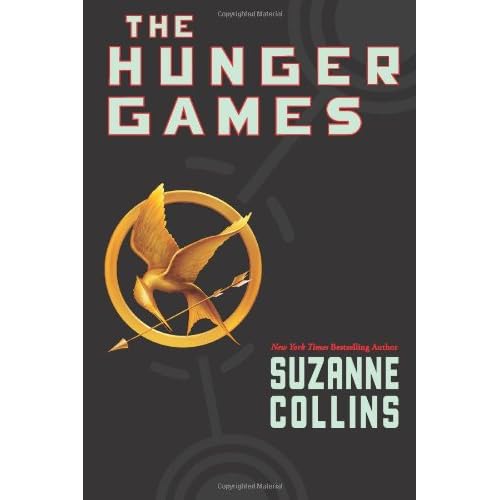I’ve been hearing great things about If I Stay by Gayle Forman for a long time now, but I didn’t get around to reading it until one of my real-life friends mentioned that it (and its sequel, Where She Went) were among her favorite books. I figured if they’re her favorite books, she probably owns them, and so I asked to borrow them. I read both over the weekend of my brother’s wedding, then needed a few weeks to process them. They’re the kind of books I can’t form coherent thoughts about right off the bat.
But now I think I can (maybe) talk rationally about them. Although, for the purposes of this review, I’ll only be discussing If I Stay, because they are very different books.
The Plot (from Goodreads)
In the blink of an eye everything changes. Seventeen year-old Mia has no memory of the accident; she can only recall what happened afterwards, watching her own damaged body being taken from the wreck. Little by little she struggles to put together the pieces- to figure out what she has lost, what she has left, and the very difficult choice she must make. Heartwrenchingly beautiful, Mia’s story will stay with you for a long, long time.
My Thoughts
If I Stay alternates between Mia’s flashbacks of her life and her out-of-body experience after the accident, watching her friends and family react to what has happened to her, her parents, and her brother. We get to see snippets of her childhood, her interaction with her parents and brother, and the evolution of relationship with her boyfriend, Adam, and her best friend, Kim. Meanwhile, we’re also in the hospital, seeing how Adam, Kim, Mia’s grandparents and other extended family members are coping. And through it all, Mia has to decide if she’s going to succumb to her injuries or fight for her life; if the experiences she hasn’t yet had are worth the pain of the world she’d be returning to.
This book hurt to read. While Mia is a bit of a detached narrator, it was still devastating to view the scene of the crash through her eyes, and to experience each of her revelations with her throughout the book. But although there is lots of sadness and hardship in this book, there is also joy and humor. Mia had an overall happy life. She had parents who loved her, a boyfriend who was devoted to her, and friends that cared for her. She had a creative outlet in the cello that the people in her life may not have totally understood, but still supported.
In a way, that happiness made what happened to her that much harder to read about. Her losses were large and meaningful, and it made it easy to understand why she would debate whether or not she wanted to return to a life that had been stripped of so much. There was no clear-cut right or wrong answer, and no matter what she chose, it would have made sense. It also makes her ultimate choice a double-edged sword. I simultaneously agreed with her choice and regretted, along with Mia, what she gave up by making it.
The few annoyances I had with this book were actually not problems with the book, just bits of added realism for the characters. While Mia adored her parents, and they loved her fiercely, as she looked back on her life, she would reflect on some occasions with her parents that she thought were awesome and I thought were questionable parenting decisions. But of course, that’s because she’s a teenager and these are her parents, and I’m an adult, and a parent, so our perspectives are going to be very different. (Of course, that also has a lot to do with your personal parenting — and life — philosophy, and we all know there are as many of those in the world as there are people. So other parents may think Mia’s parents are the epitome of parenting, and that’s fine too). There were also a couple instances with Adam in flashback that made me raise an eyebrow or two, but again, I understood why they made sense for the characters.
One of my favorite aspects of the book was the use of music, and how Mia, her parents, and Adam were all musicians, albeit very different kinds. Whenever Mia was talking about how she felt playing the cello, or about how her parents or Adam talked about music, I continually thought, yes. This is how musicians think (while I’m not the virtuoso Mia is, I still have a musician’s brain). It made me want to go watch cello videos on YouTube (because there are some awesome cello videos on YouTube. Like this one. Or this one), or to sing, or to dust off my piano music. I loved how they all related through music, and while they approached it differently, they all understood that the music was the important thing.
If I Stay is a powerful and introspective look at life, love, family, friendship, and how everything we know can change in an instant. It was beautiful and haunting and sweet and sad, all at once. It’s not like any other book I’ve read, and it stuck with me for a long time after I turned the last page.
[Oh, also, I have no idea why the cover blurb says it will appeal to fans of Twilight. While it definitely could appeal to fans of Twilight, it is absolutely nothing like Twilight, except that it features a teen female protagonist with a boyfriend.]
Content guide: Contains graphic description of a devastating car accident, profanity, some sexual activity.





